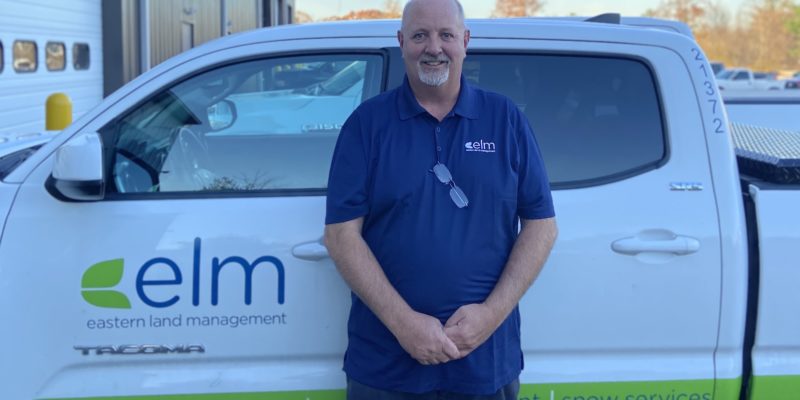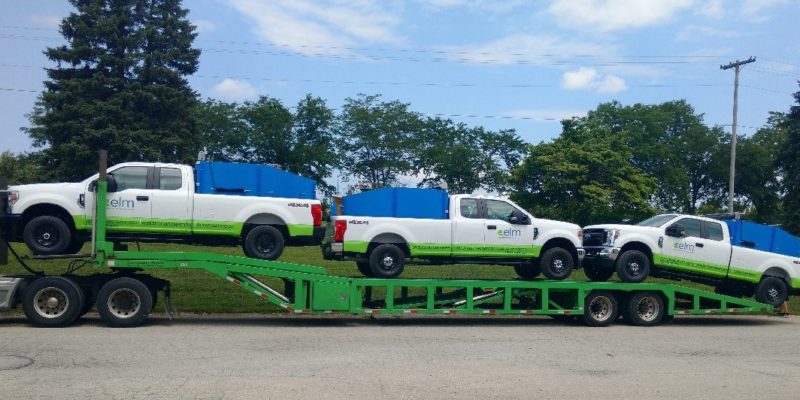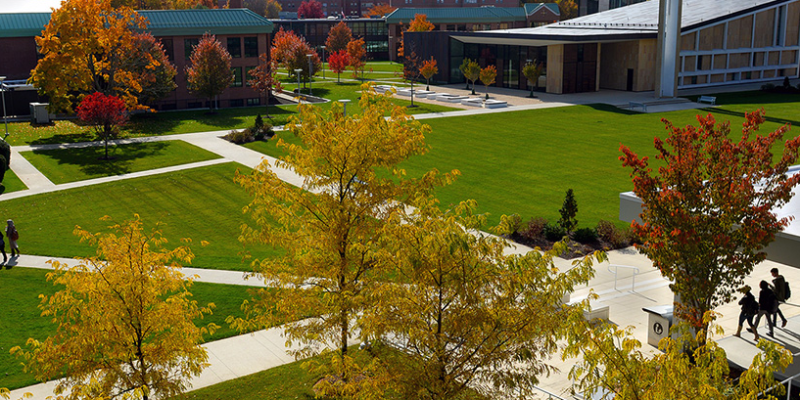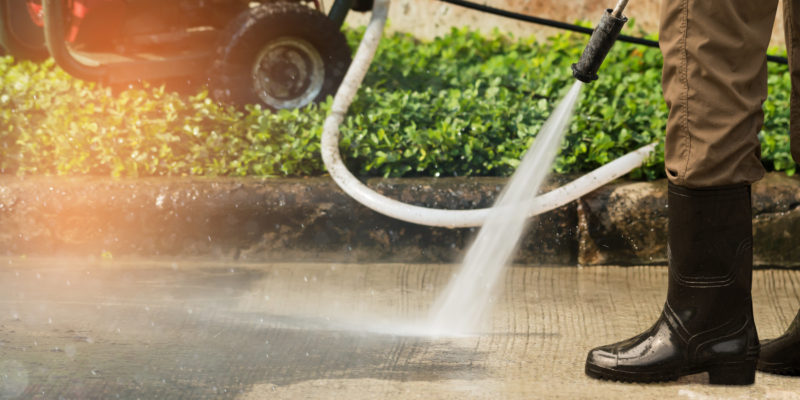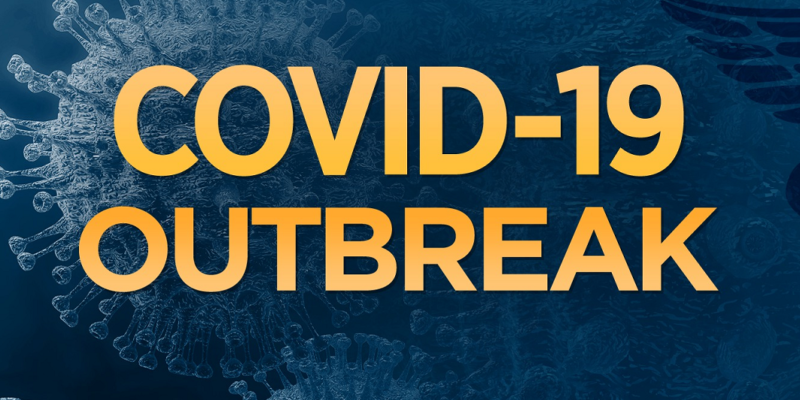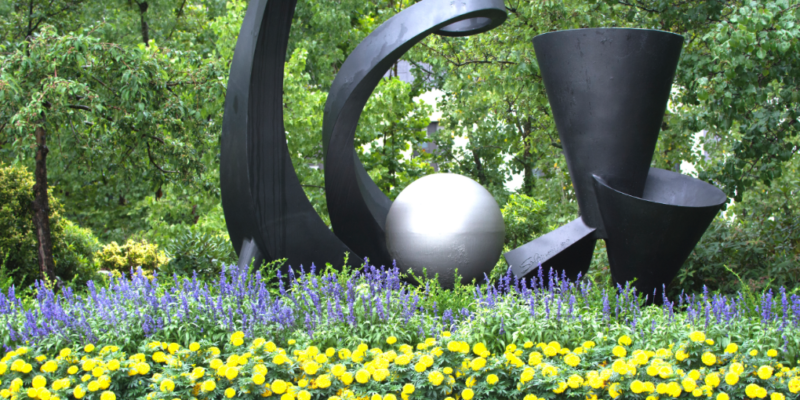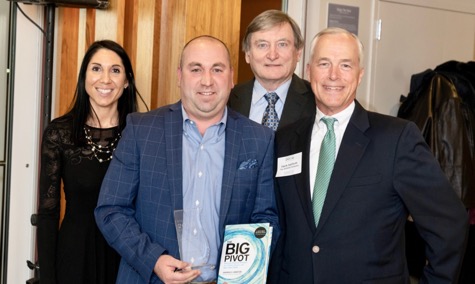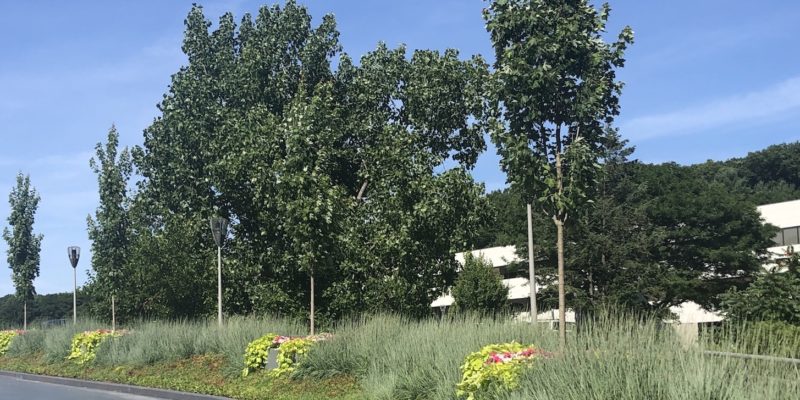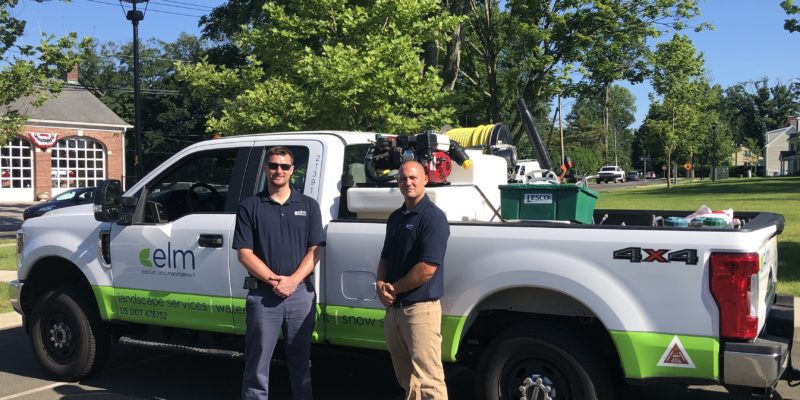Eastern Land Management is pleased to announce Rich Veenhuis has joined its team as Area Manager. Rich will be based out of ELM’s facility in Monroe, CT.
Rich brings a solid combination of business and snow industry experience to his new role, ranging from project management to operations.
“I am delighted to be part of the ELM team. I got the ‘landscape bug’ at a very young age and have enjoyed working in this industry my whole life. I look forward to sharing my enthusiasm for smart technologies and high performing landscape systems, and working with our regional team, customers, partners and community to deliver great and safe service, and perfect the experience people have with us,” said Rich.
“Rich is an exceptionally motivated professional, whose genuine passion will bring out the best in his team,” said ELM President, Bruce Moore, Jr. “He has a great blend of technical and people skills and will play an important role is driving consistent, year-round quality.”
A Chicago native and a lifelong Chicago Cubs fan, Rich’s professional certifications includes Six Sigma, CNLP (certified nursey and landscape professional) and a lifetime safety ranking from OSHA.
He holds a pesticide applicators license in the states of Illinois and Wisconsin, is a graduate of the New England Tractor Trailer Training School and a veteran of the Illinois Army National Guard. He attended College of Lake Country in Grayslake, Illinois and was a member of the famed Chicago Second City improvisational theatre group.
Please join us in welcoming Rich to the ELM team.

